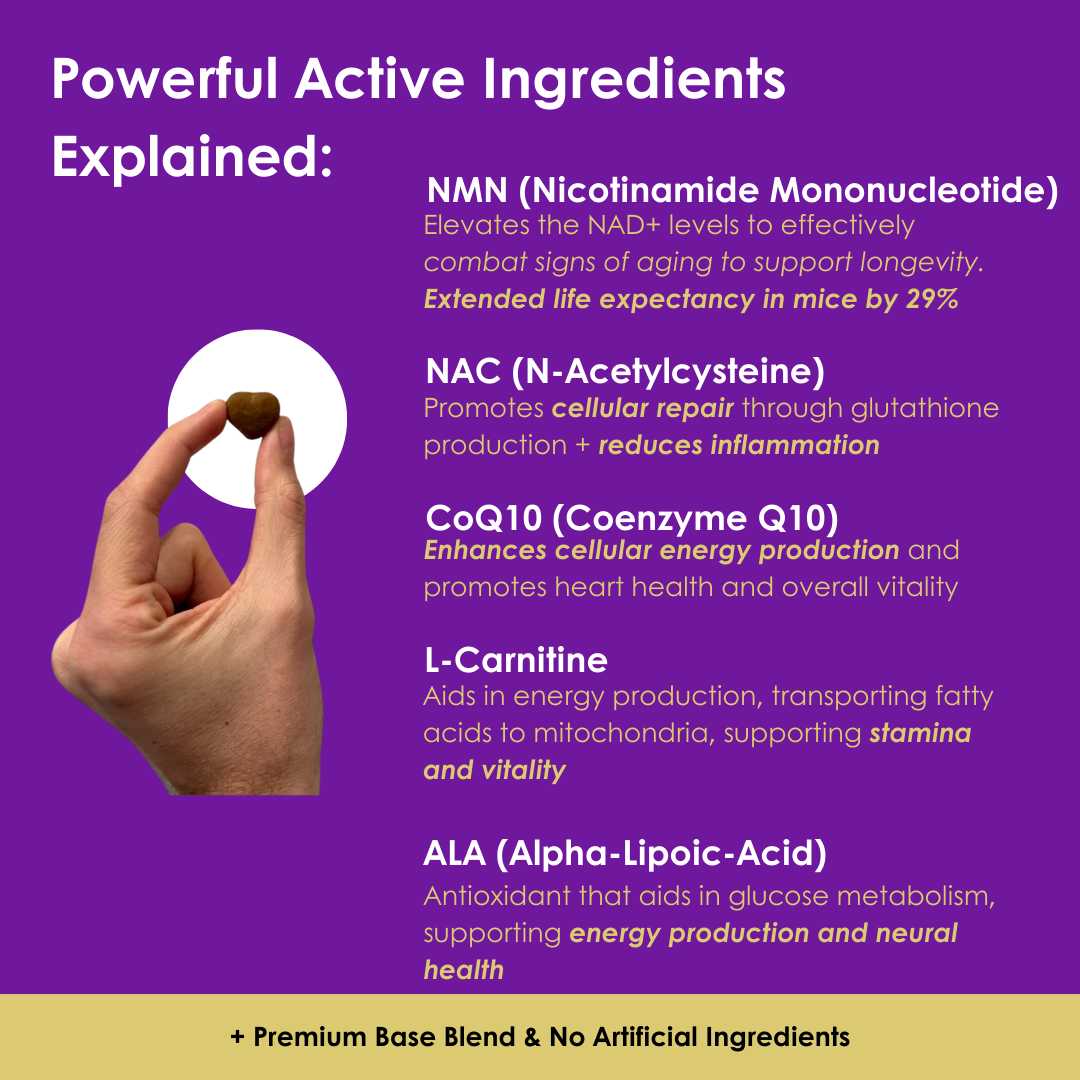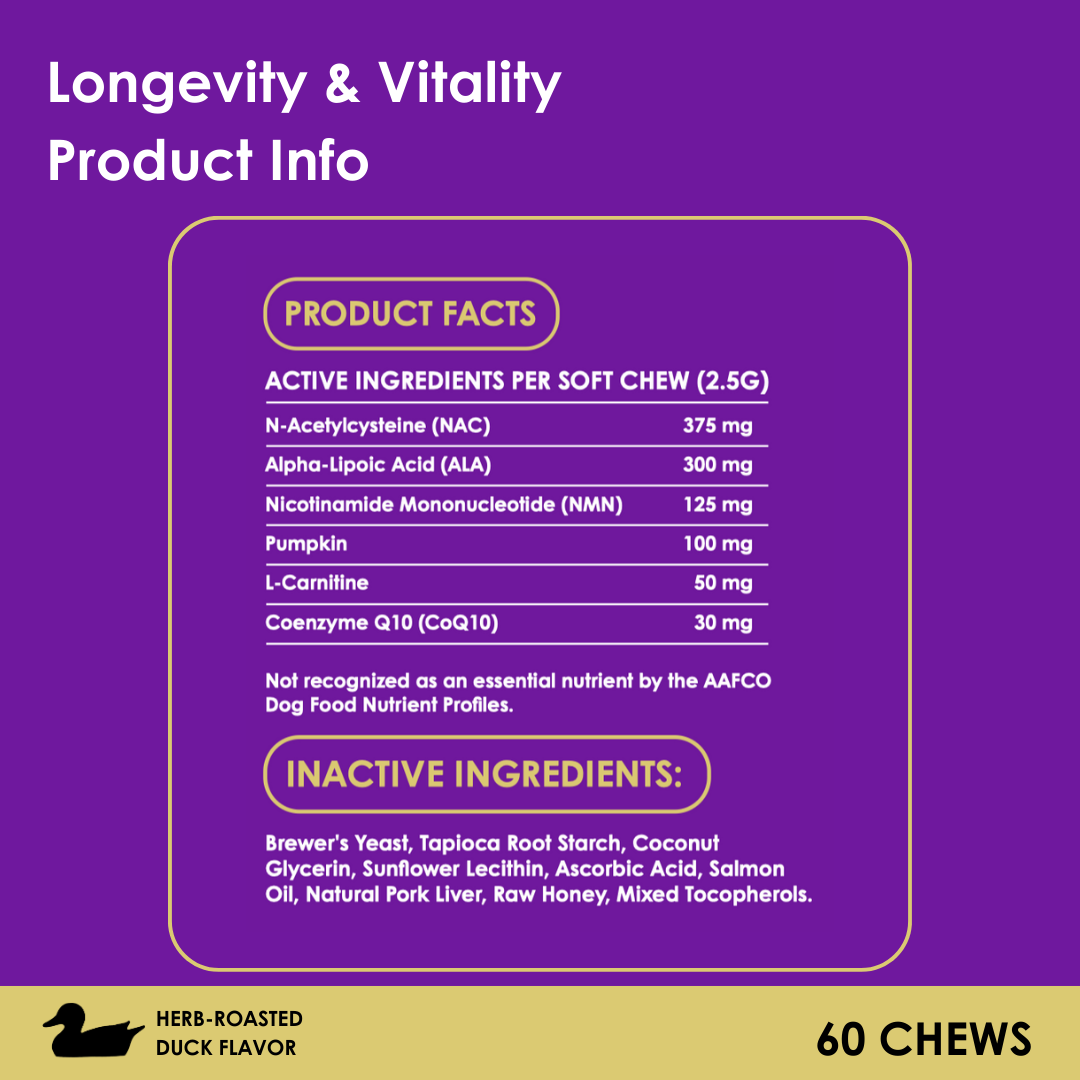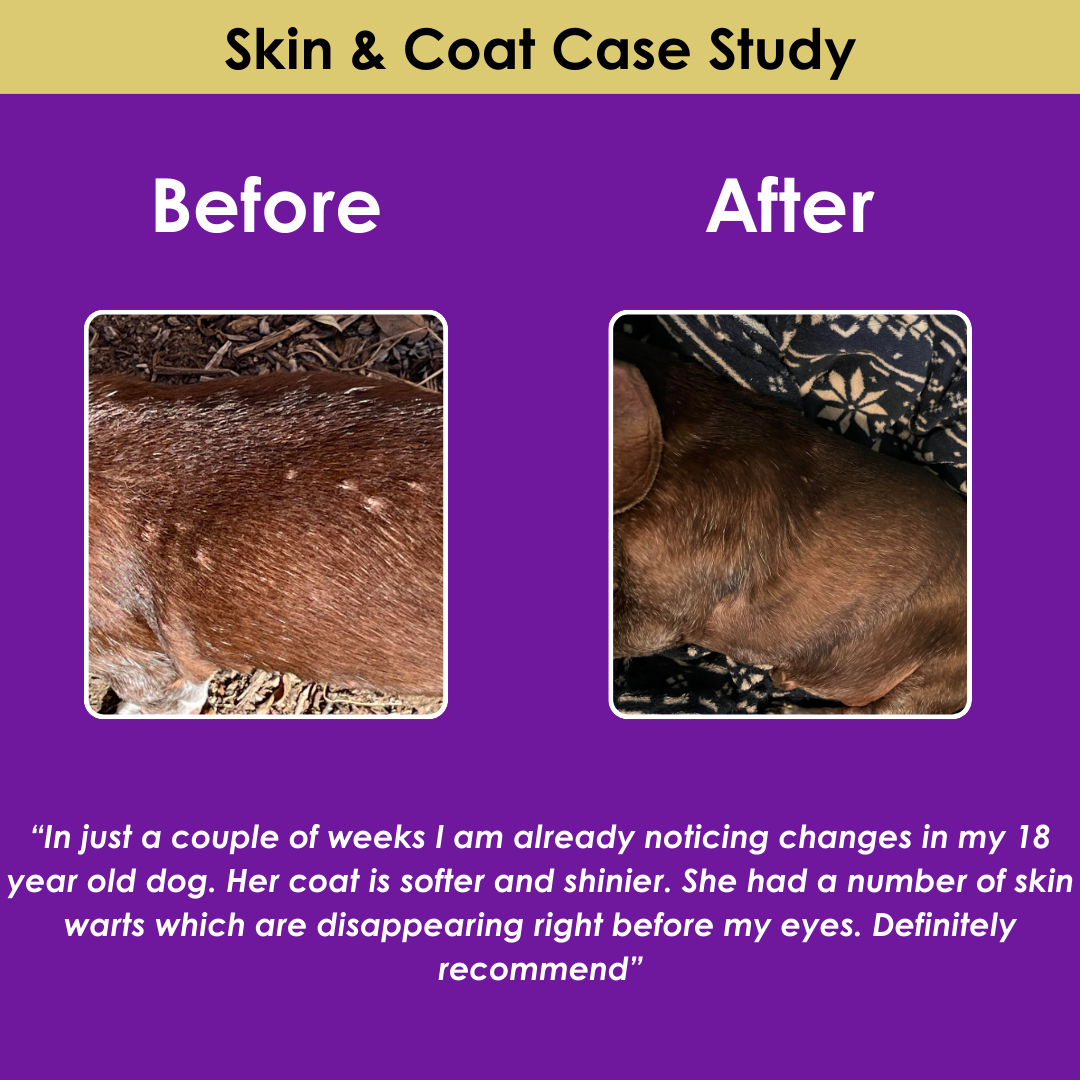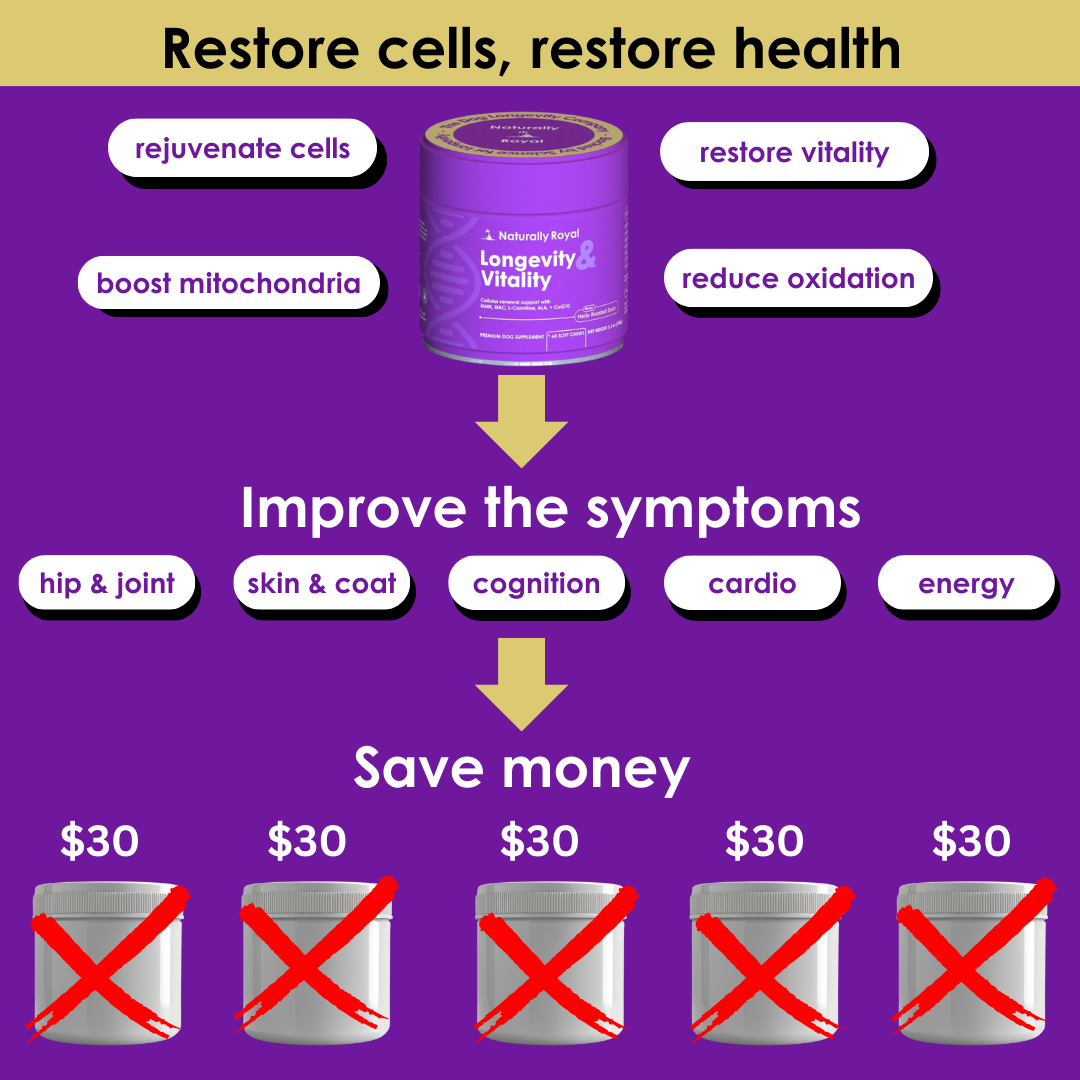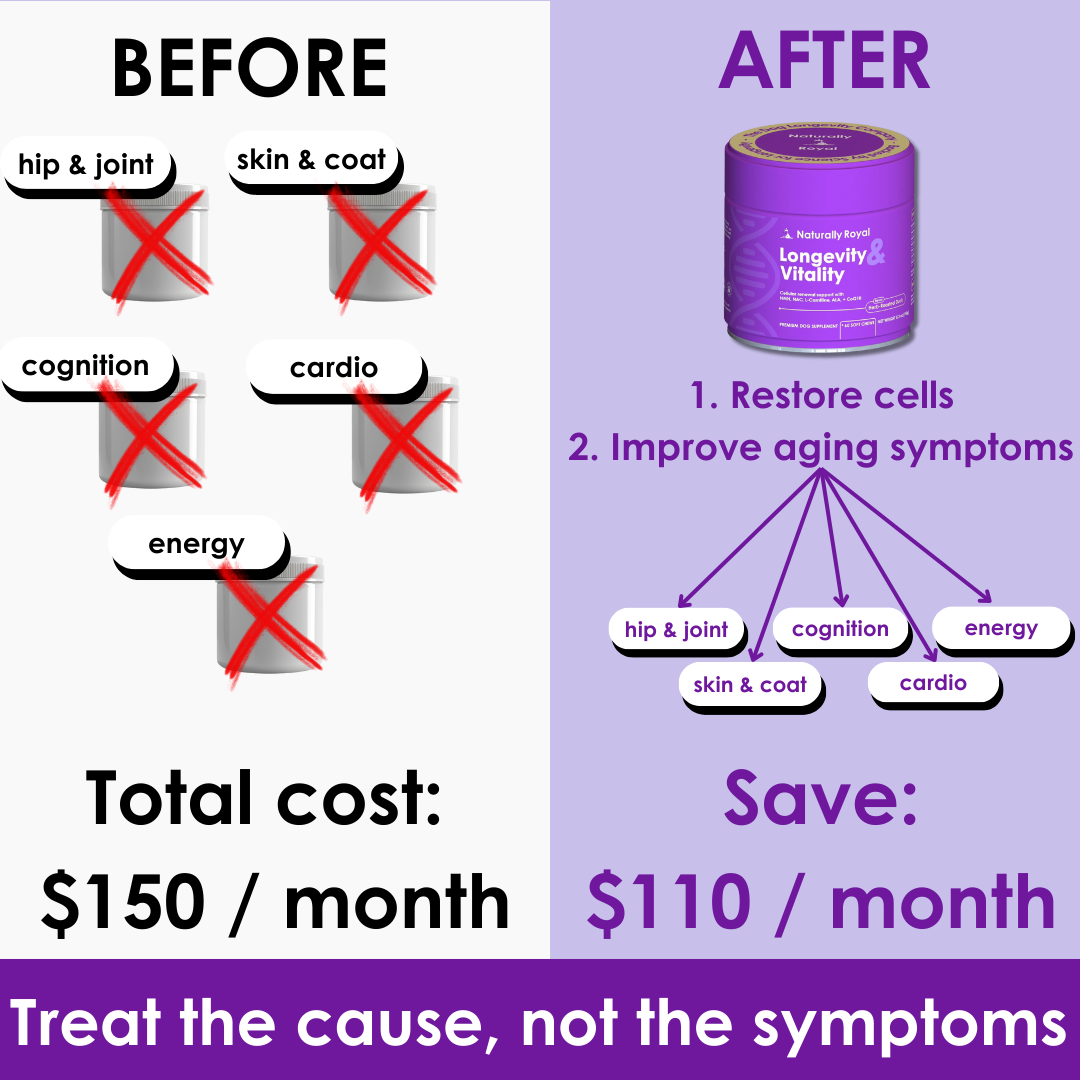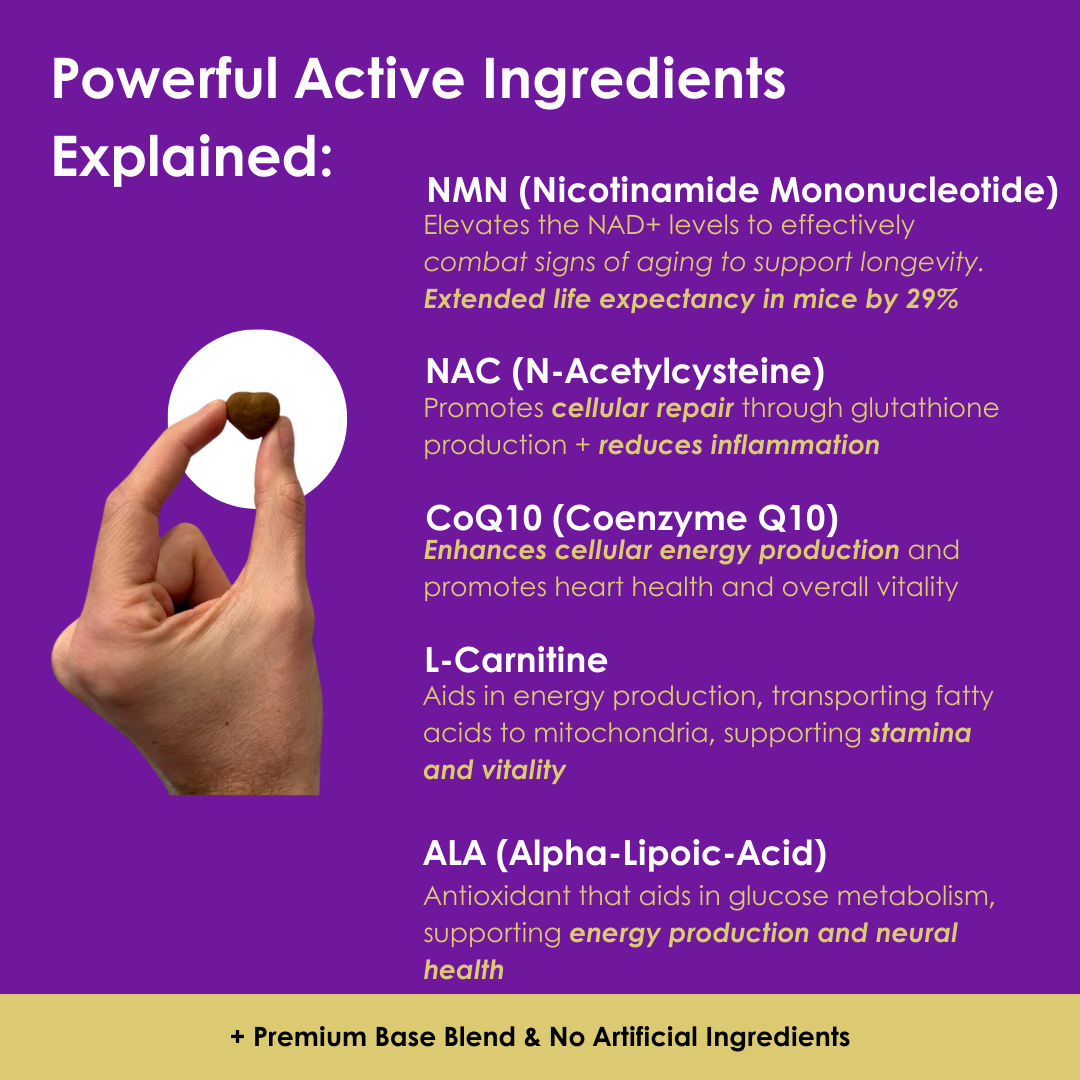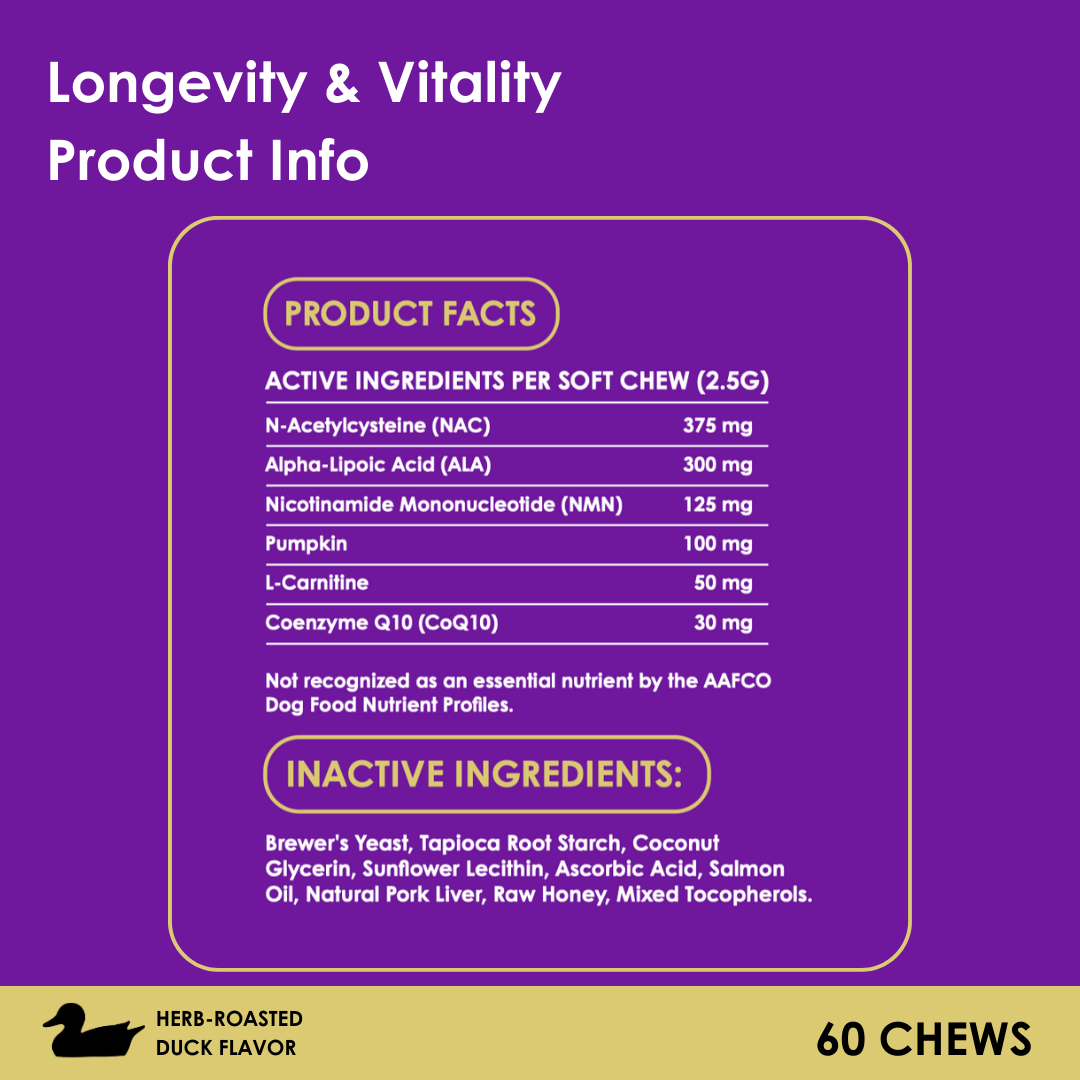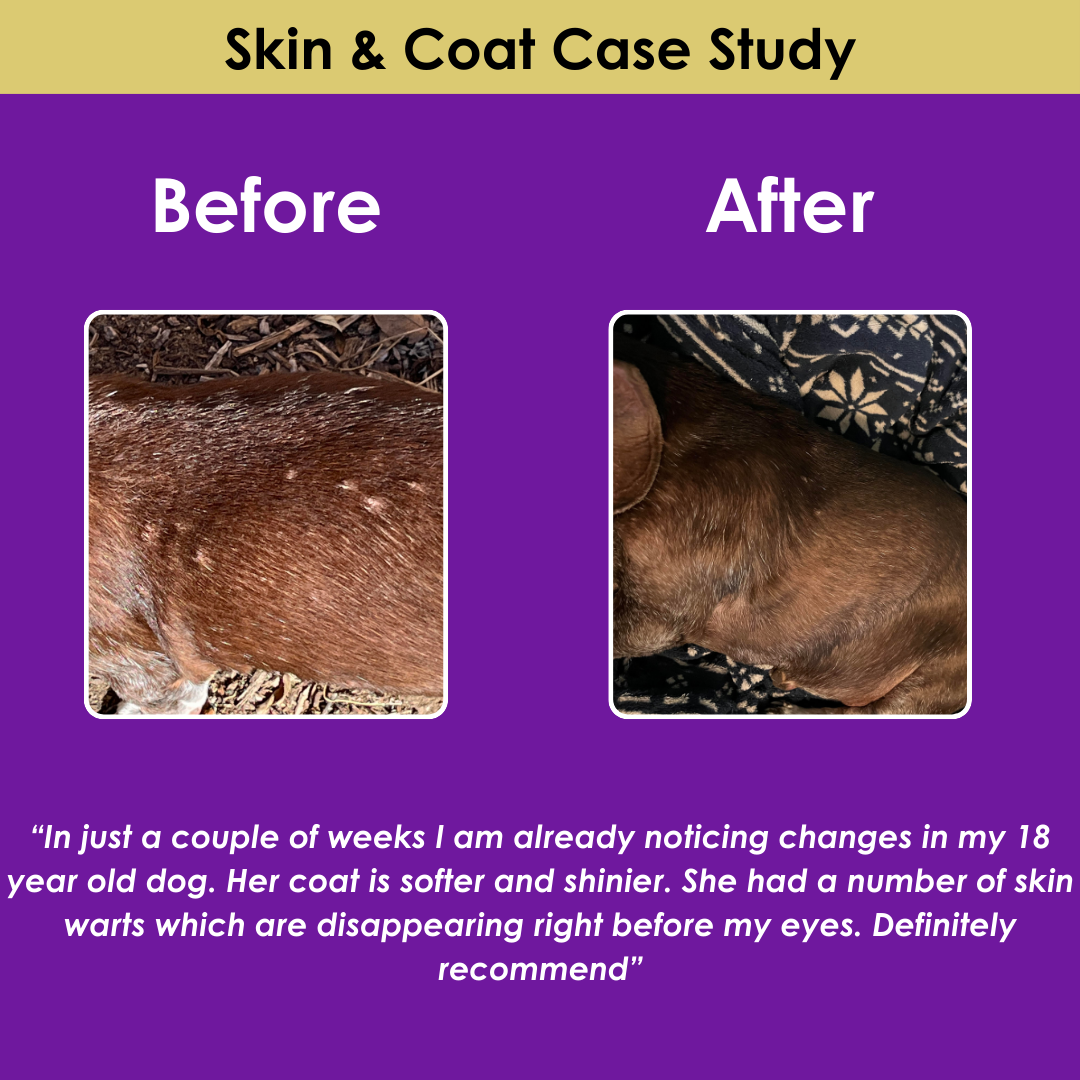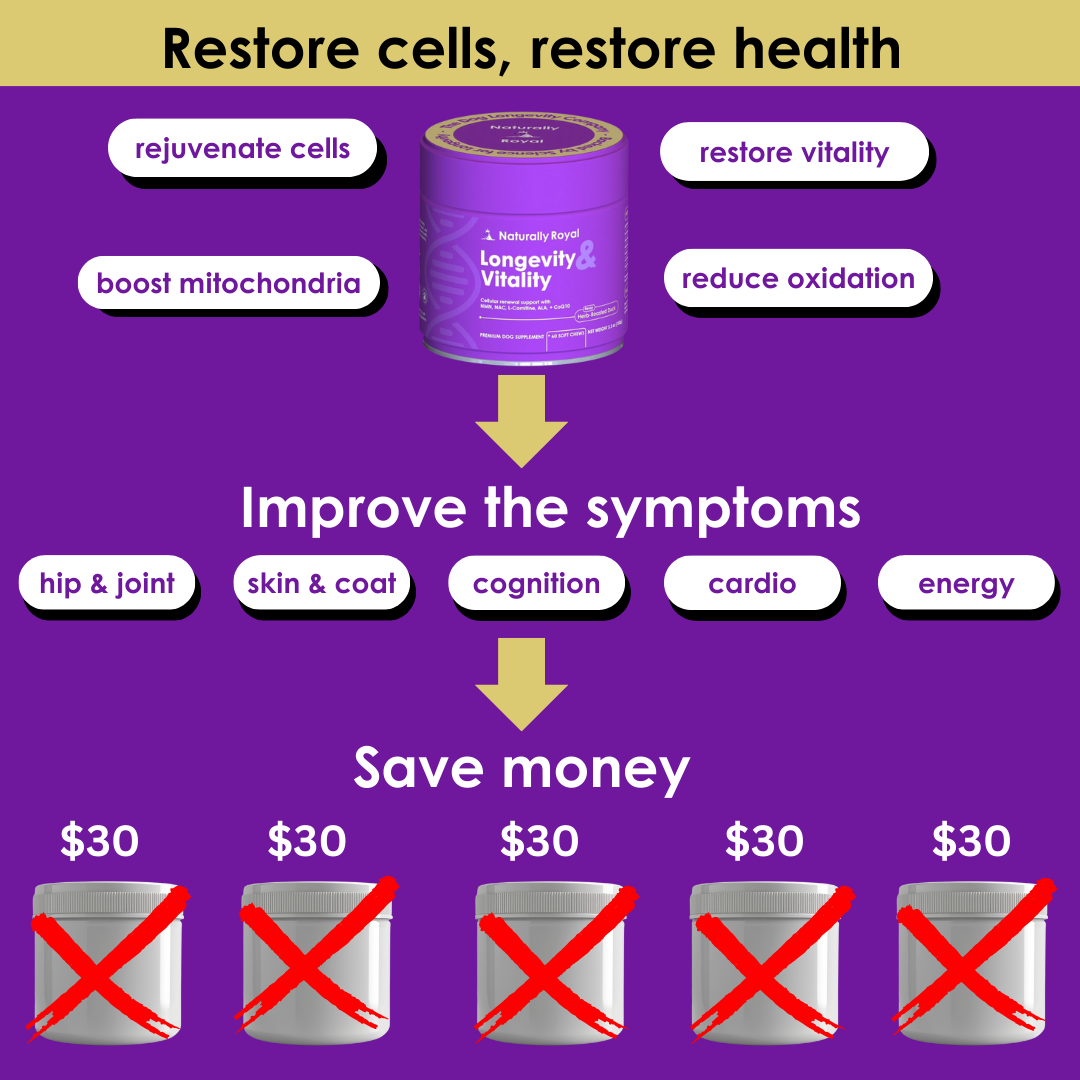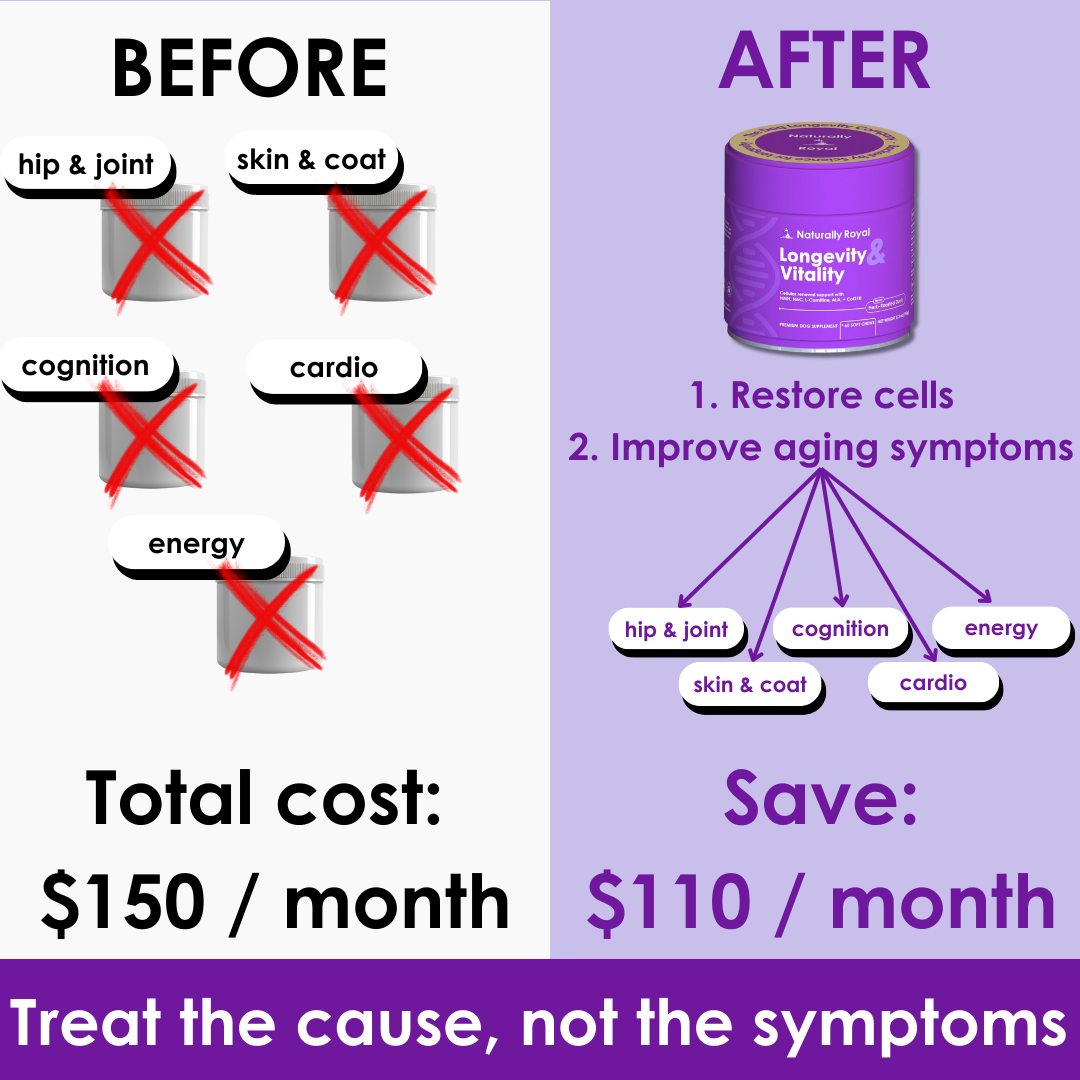When Does Aging Start in Dogs?
Have you ever wondered at what point our dogs start to age? Aging in dogs, just like in humans, is a gradual process that begins at a cellular and internal level. Let’s look into it further to understand when aging starts and what changes as they grow older:
The Beginning of Aging in Dogs
Aging is a complex process that varies significantly among different dog breeds and individual dogs. Generally, larger dog breeds tend to age faster and have shorter lifespans compared to smaller breeds. However, the aging process begins for all dogs around the same stage of life.
-
Cellular Aging: At the cellular level, aging starts when the balance between cell damage and cell repair shifts. In young dogs, their bodies efficiently repair cellular damage. As dogs reach middle age, this repair process slows down, leading to the accumulation of damaged cells and signs of aging.
-
Middle Age as a Starting Point: For most dogs, aging starts to become noticeable when they reach middle age. This can be anywhere from 5 to 7 years old for larger breeds, and around 7 to 10 years for smaller breeds. It's during this time that the first internal signs of aging begin to appear.
Internal Signs of Aging in Dogs
-
Decreased Metabolism: As dogs age, their metabolism slows down. This can lead to weight gain and a decrease in energy levels. The slow metabolism affects how quickly they process food, which can impact their overall health.
-
Joint and Bone Health: The wear and tear on joints and bones become more apparent as dogs age. The production of joint fluid decreases, leading to stiffness and mobility issues. This is why many older dogs suffer from conditions like arthritis.
-
Organ Function Decline: Aging affects the efficiency of internal organs. Kidney function, heart health, and liver function can all decline over time. These changes might not be immediately noticeable but can significantly impact a dog's health and lifespan.
-
Immune System Changes: An older dog's immune system becomes less effective at fighting off infections, making them more susceptible to illnesses. This decreased immune response is a significant part of why older dogs can seem to get sick more often.
-
Cognitive Changes: Just like humans, dogs can experience changes in brain function as they age. This can lead to confusion, changes in sleep patterns, and behavior that is out of character for them.
Supporting Your Aging Dog
While aging is a natural part of life, there are ways to support your dog through this process:
-
Nutrition: Providing a balanced diet tailored to their age and health needs can help manage weight and support organ health.
-
Exercise: Regular, gentle exercise can help maintain joint and bone health.
-
Regular Veterinary Care: Regular check-ups can help catch and manage age-related health issues early.
-
Mental Stimulation: Keeping your dog mentally engaged can help maintain cognitive function.
Understanding when aging starts and the internal changes that occur can help us provide the best care for our dogs. By supporting their health at every stage, we can help them enjoy a happy, comfortable life as they grow older.




